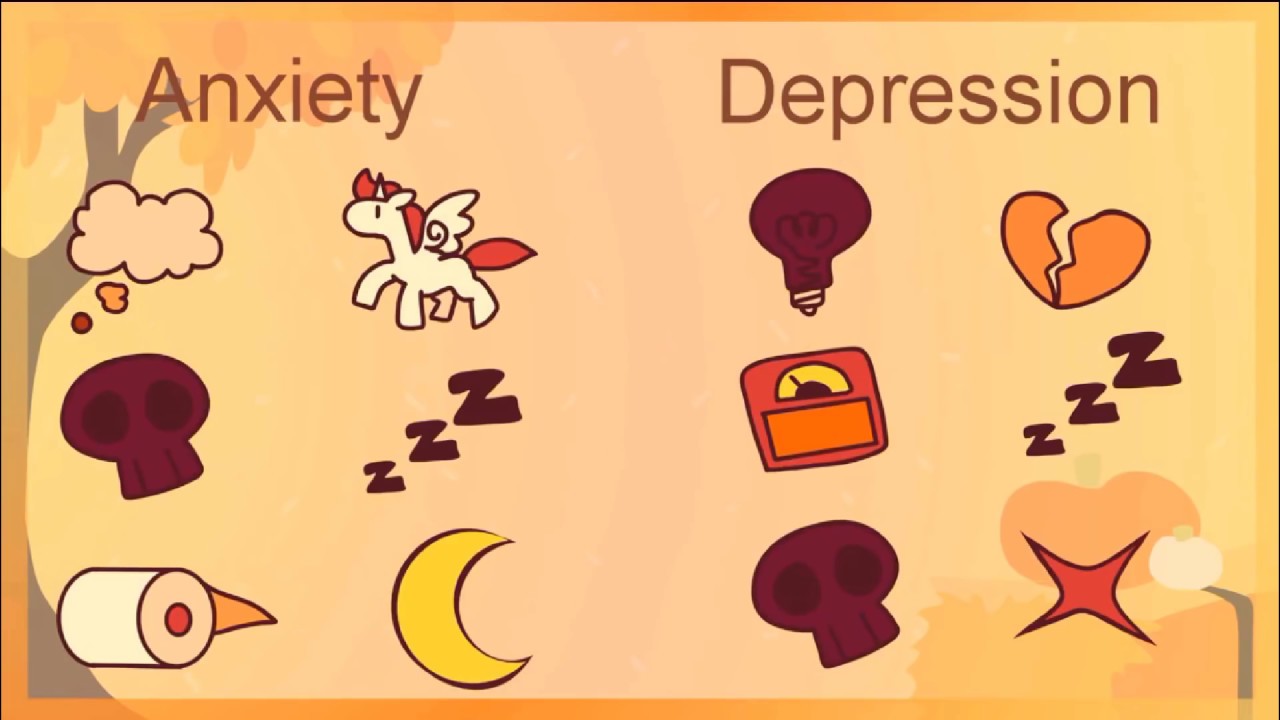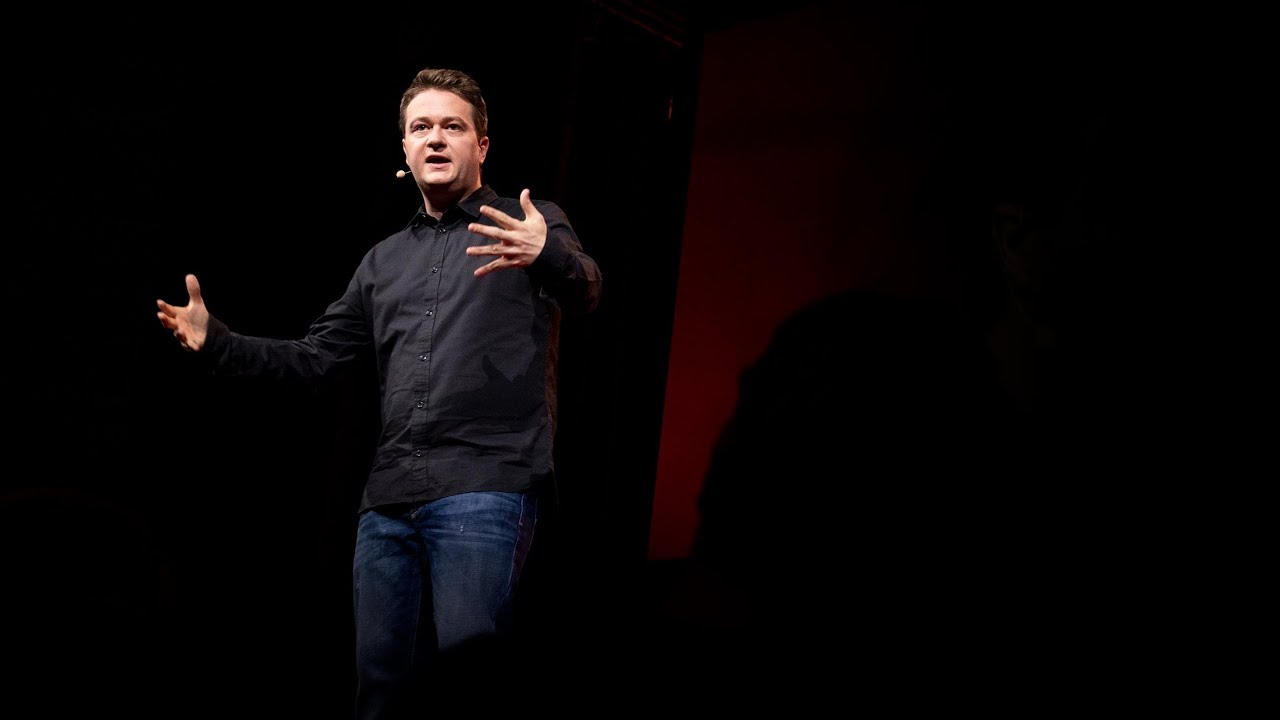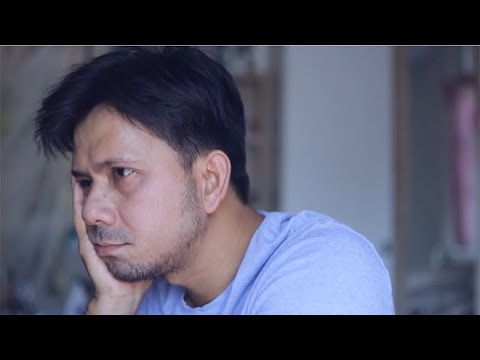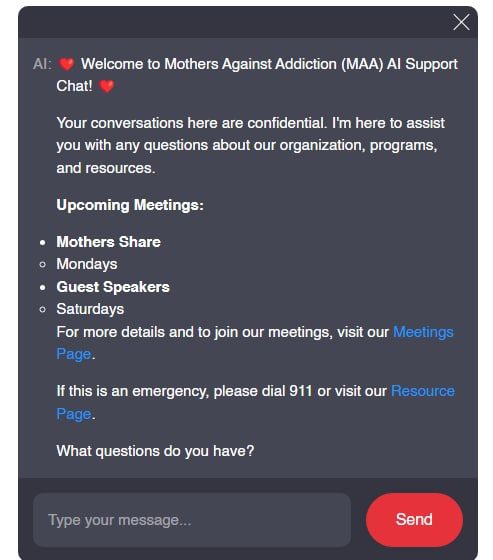Dealing with anxiety and depression can feel like a relentless battle, especially for parents watching their children grapple with addiction. Both conditions are often intertwined, creating a vicious cycle that can seem never-ending. Anxiety serves up a heavy dose of worry—ranging from generalized anxiety to panic attacks—while depression drags you down into a pit of despair. Importantly, research highlights that almost 50% of those suffering from depression also show symptoms of anxiety. For parents in our community at Mothers Against Addiction, these statistics highlight a growing concern that impacts both children and their families.
Understanding this connection between mood disorders is vital. By doing so, parents can arm themselves with knowledge, encouraging them to seek effective treatment plans for their children. Imagine the power of a collective voice in our community: sharing experiences, raising awareness, and fostering an environment that supports openness and healing.

High Functioning Depression: The Silent Epidemic
You might have heard of “high functioning depression,” where individuals appear to lead their daily lives while hiding profound sadness beneath the surface. Public figures like Anthony Bourdain and Lena Dunham have lifted the veil on this wide-spread issue, highlighting how this silent epidemic often goes unnoticed. A staggering 2% of people fit into this category, feeling trapped in their own silence. For parents, witnessing a child silently struggle can feel like being in a movie where you know the ending will break your heart.
It’s crucial for parents to recognize the signs of high functioning depression. Your child might excel in school or sports, yet still be battling inner demons. Understanding this can ignite open conversations, creating avenues for support and healing.

Anxiety Disorder Symptoms: Identifying Underlying Challenges
Identifying anxiety disorder symptoms is often challenging, especially when they overlap with signs of depression. Common symptoms include chronic restlessness, trouble sleeping, and difficulty concentrating. Research conducted by JAMA Psychiatry indicates that those experiencing high levels of anxiety symptoms may be more likely to fall into clinical depression later in life. Recognizing these early signs allows parents to step in before things escalate, providing the necessary help and resources.
Feeling overwhelmed? It’s completely normal. Parents often wish they could wave a magic wand to solve their child’s issues. But being informed and proactive can make a tremendous difference. Utilize resources like Crisis Text line to find help and support.

The Impact of Societal Expectations: A Catalyst for Anxiety and Depression
Today’s world bombards us with unrealistic expectations, often spinning out of control and exacerbating feelings of anxiety and depression. With the rise of social media, many find themselves comparing their miserable moments to others’ highlight reels, leading to increased feelings of inadequacy. Studies indicate that those who frequently engage with social media are more likely to report symptoms of anxiety and depression.
This pressure affects everyone, including our children. They must navigate the often treacherous waters of social validation and comparison. Instead of adding to this burden, let’s create a community of encouragement, embracing authenticity and vulnerability—it’s okay not to be okay, and sharing that with our children can be incredibly liberating.

Innovative Therapies on the Rise: Combating Anxiety and Depression
As the mental health landscape shifts, new therapies for anxiety and depression are cropping up. Cognitive Behavioral Therapy (CBT) remains a gold standard, offering tools to change negative thought patterns. Moreover, therapies like Acceptance and Commitment Therapy (ACT) promote acceptance of feelings—allowing individuals to commit to actions that bring fulfillment.
Groundbreaking methods like psychedelic-assisted therapy show promise, particularly for clinical depression. By fostering neuroplasticity and emotional release, these solutions can be life-changing. Parents, be open to exploring various treatment options! For detailed insights, check out resources on chronic depression.

Real-life Stories: Heroes Battling Anxiety and Depression
Real-life stories of public figures battling anxiety and depression resonate deeply, offering validation and hope. Selena Gomez has opened up about her journey, candidly discussing mental health struggles while advocating for awareness and treatment. Similarly, comedian Kevin Hart shared his journey, highlighting vulnerability and the importance of seeking support.
These stories remind us that even those who seem to have it all can face intense inner struggles. As parents, sharing these experiences reinforces the idea that they’re not alone; it opens the door for conversations that can lead to healing.
The Road Ahead: Advocacy and Support for Families
Families are key players in supporting individuals faced with anxiety and depression, especially in the context of addiction. Organizations like NAMI (National Alliance on Mental Illness) are invaluable resources—providing educational insights for those trying to grasp their loved ones’ mental health challenges.
Advocacy is vital in creating an understanding environment where sharing becomes easier. Encourage open dialogues about feelings and emotions, reminding your children that reaching for help is a sign of strength.
As we collectively navigate the challenges of anxiety and depression, it’s clear that breaking the stigma is necessary. Conversations spark understanding, and sharing stories brings healing. Each step we take not only supports individual recovery but also nurtures a compassionate community. Keep recognizing the signs, advocating for mental health resources, and, most importantly, promoting love and empathy—this is the foundation we need to move forward together.
For more resources and support, visit Mothers Against Addiction as we aim to empower parents and families through these challenging times.
Anxiety and Depression: The Profound Struggle Within
Anxiety and depression are two of the most common mental health challenges folks face today. Did you know that nearly 1 in 5 adults in the U.S. will experience a mental illness in their lifetime? That’s a staggering statistic, revealing just how widespread these issues are. When you look at factors influencing mental health, even something as seemingly innocuous as a baby’s time in Utero can profoundly affect emotional regulation later in life. Research suggests that prenatal exposure to stress can set the stage for anxiety and depression, emphasizing how early experiences matter.
Now, let’s switch gears. For people looking to support their mental health, engaging in fulfilling activities is key. Interestingly, hobbies like painting, gardening, or even getting lost in a good anime, such as Metamorphosis, can create positive distractions. They also act as outlets for expression and stress relief. Finding these passions can feel a bit like discovering a hidden gem, similar to stumbling upon beautiful spots in Capri, Italy. Life has its ups and downs, and sometimes turning your focus away from your worries can provide a much-needed break.
Speaking of comfort, you might be surprised to learn that what you wear can impact your mood. Yep, those cozy Skechers Foamies can lift your spirits by simply being incredibly comfy. What you wear, like your favorite pair of shoes, can affect how you face the day, helping you cope with feelings of anxiety and depression. As we navigate these mental health waters, finding the right resources or support—like through platforms offering psychic insights—can also shine a light on paths we might not have thought to explore.
Every step taken towards understanding anxiety and depression is a move toward healing. It’s important to keep much-needed conversations going and embrace the fact that people are not alone in this struggle. Regular updates and information from community organizations also help keep us informed—be it job resources from sites like USA Jobs News or support groups emphasizing unity. With such a vast array of strategies available, conquering anxiety and depression might just be within arm’s reach.





























